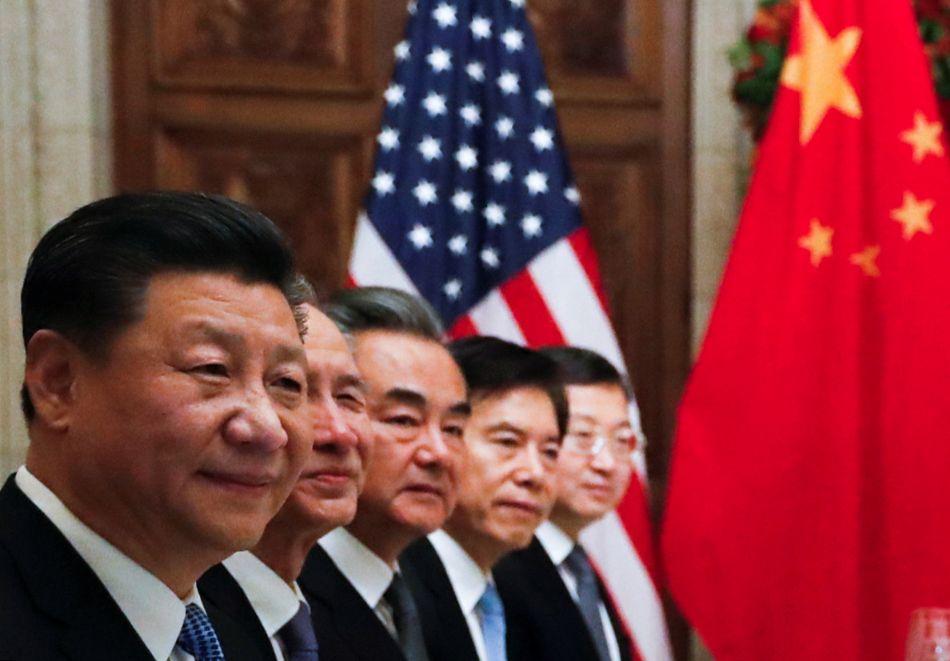The National Interest
Globally preeminent states have a tendency to shape the world in many ways. Obviously, they do it in a rather direct manner through their geostrategic activities, but the phenomenon goes much further than that. On purpose or by accident, preeminent states export their internal arrangements to the entire international system. The global political, economic, social, cultural and legal effects of this process are profound.
British and then American global preeminence accounts for the fact that it is the English language that ended up the planet’s lingua franca, not French or German. Slave trade received an ultimately mortal blow in 1807, when philosophical and political developments within Britain resulted in its prohibition, and because it was Britain that had the naval strength to actually enforce the ban. The Western victory in World War One placed the democratic form of government at the forefront of the world’s political fashion, where it remains to this day. The implications of the totalitarian regimes’ potential success in their quests for hegemony during World War II or the Cold War are as clear as they are unpleasant.

